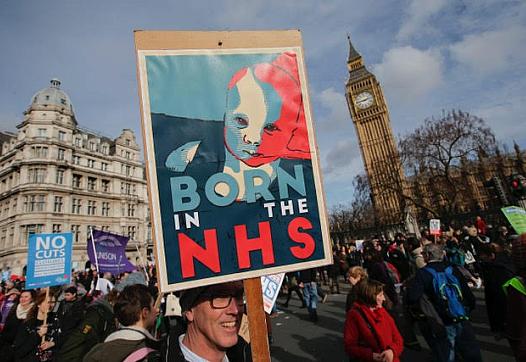
From Singapore to England, every country that has more successfully managed health care costs than the U.S. has chosen a path of self-discipline and free-market restraints.

From Singapore to England, every country that has more successfully managed health care costs than the U.S. has chosen a path of self-discipline and free-market restraints.
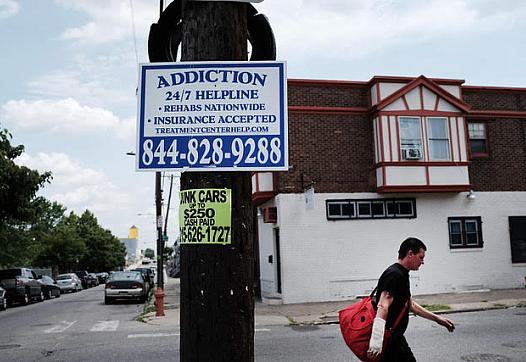
The opioid epidemic has given rise to an illicit gold rush as patient brokers and treatment centers profit off desperate addicts, funneling them to shoddy treatment centers and fraudulent “sober” homes at a profit of thousands per head.
![[Photo by Joe Raedle/Getty Images]](/sites/default/files/styles/teaser_list_thumbnail_large/public/title_images/GettyImages-495382800.jpeg?itok=UCEqtiFh)
While shoppers can often find health insurance with affordable premiums, many such plans carry deductibles and out-of-pocket costs that amount to severe punishment for anyone who falls ill.
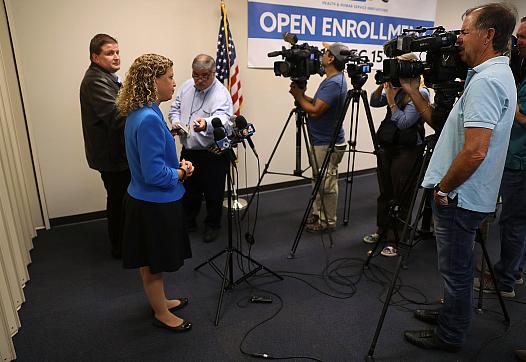
The research suggests that less advertising tied to the Affordable Care Act will lead to less informed consumers, fewer online visitors to health exchanges and lower enrollments.
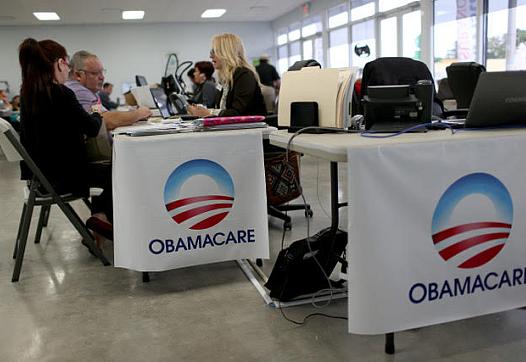
The CEO of the largest publicly operated health plan in the U.S. makes the case for why we should stop referring to the Affordable Care Act as Obamacare.
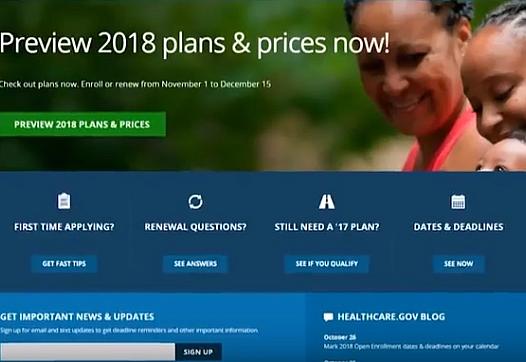
As the open enrollment period for health insurance from the nation’s government-run marketplaces opened, Americans found a changed landscape.
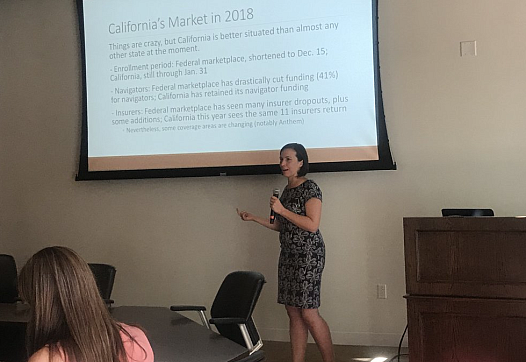
“California is way better situated to handle a lot of the bumps that are happening right now than pretty much any other state,” AP's Meghan Hoyer told journalists this week.
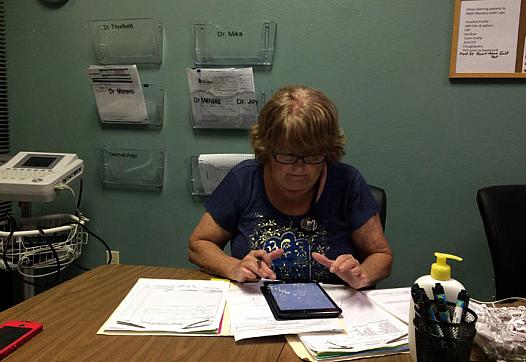
From threats to repeal the Affordable Care Act, to news about rising premiums and President Donald Trump's recent decision to do away with some subsidies, people who don't closely follow the issue are getting lost in the headlines and sound bites.
![[Photo: Justin Sullivan/Getty Images]](/sites/default/files/styles/teaser_list_thumbnail_large/public/title_images/unnamed%20%282%29.jpg?itok=BYDufHlr)
A proposal from a pair of Southern California lawmakers to establish a single-payer model went nowhere this year. But the political climate in deep-blue California is changing, with some high-profile California politicians now backing the effort.